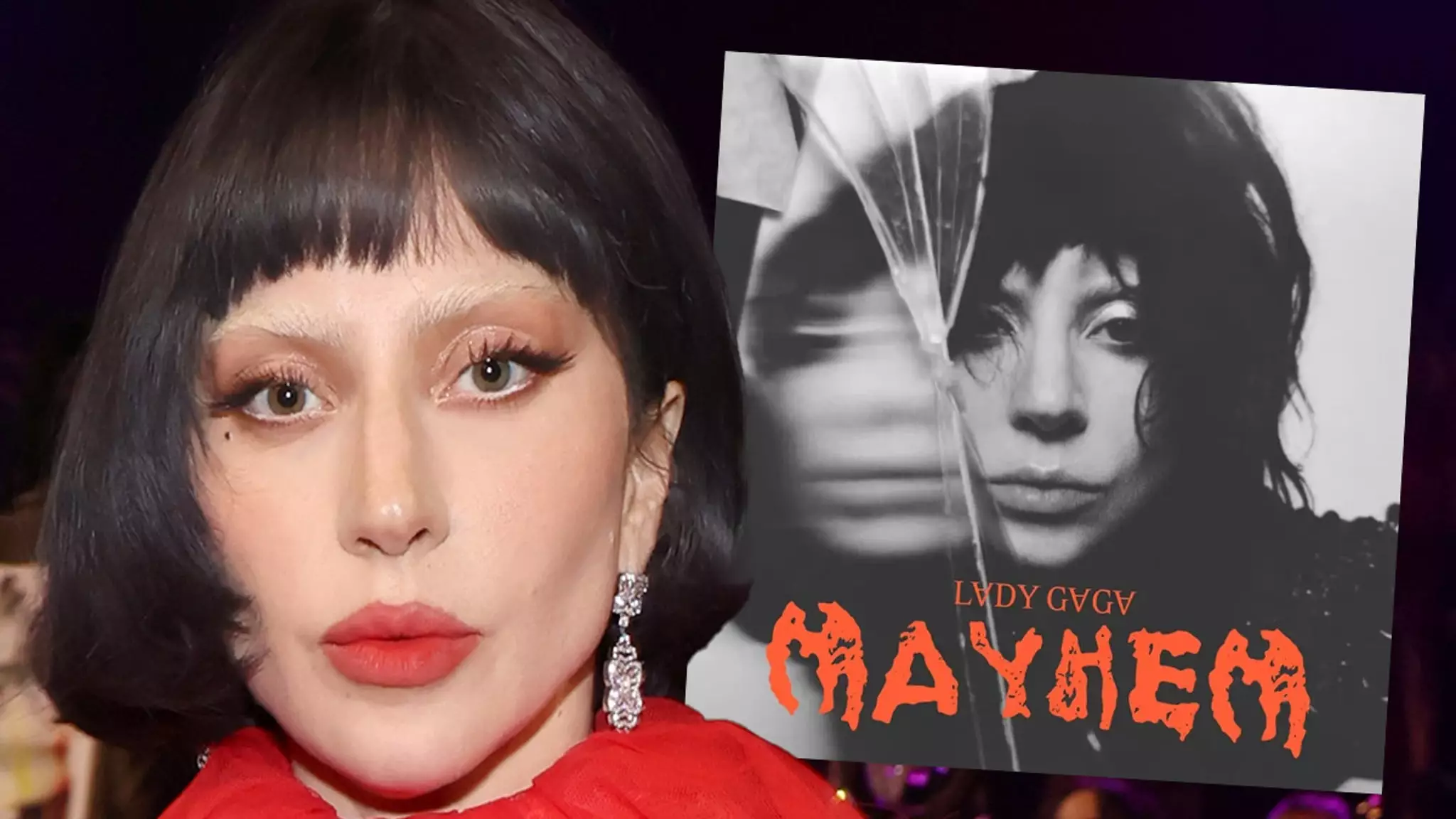In a striking clash of creativity and legality, Lady Gaga finds herself embroiled in a lawsuit that spotlights the tensions between artistic expression and intellectual property rights. The surfboard brand Lost International has taken legal action, accusing the pop sensation of infringing on their trademarked logo for her upcoming album, “Mayhem.” This situation raises considerable questions about the scope of artistic license in an industry increasingly blurred by the digital age and the rapid dissemination of designs.
The Allegations Unpacked
Lost International claims that they have been utilizing a stylized “Mayhem” logo on their merchandise for over a decade, asserting trademark rights since 2015. Their lawsuit contends that Gaga’s album cover bears a striking resemblance to their established design. This is no idle accusation; the surf company even provided a side-by-side comparison of their logo and Lady Gaga’s, revealing notable parallels that can hardly be dismissed as coincidental. The heart of the matter lies in the notion of misappropriation—a sticky concept that challenges how we perceive ownership in creative spaces.
The Impact of Trademark Infringement
When we consider the implications of trademark infringement, it’s crucial to recognize that the stakes extend beyond a mere design dispute. For Lost International, this lawsuit represents an existential threat to their brand identity—something they’ve carefully cultivated in a competitive market. For Gaga, already a titan in the entertainment world, it begs the question of accountability amidst her towering status. If found to be in violation, she might not only face financial reparations, but it could also set a precedent that affects how artists approach branding and inspiration in the future.
The Response: Silence from Gaga’s Camp
As news of this lawsuit spread, many anticipated a swift response from Gaga’s team. However, their silence speaks volumes within the context of the narrative. Is it a tactic of defiance or simply a strategic maneuver to assess the situation meticulously? The lack of communication has also left fans and legal experts pondering the implications: should she fight to retain her interpretation of “Mayhem,” or would settling be more prudent? The stakes are not merely economic; they are artistic, reflecting how public personas navigate borrowing influences while maintaining originality.
The Broader Implications on Artistic Freedom
This case also opens a broader dialogue about the nature of inspiration in art and business. The entertainment industry is rife with references and inspirations that often flirt with the line of originality. How do we delineate between legitimate homage and blatant appropriation? As art forms evolve—think music sampling and visual arts’ mashups— the boundaries of creativity are tested. Lady Gaga, an artist known for pushing boundaries, now finds herself in a judicial examination of those very limits.
Ultimately, the unfolding drama between Gaga and Lost International serves as a vivid illustration of our times, where the intersection of pop culture and legal frameworks becomes increasingly complex. As this story develops, it will provide insight into the challenges artists face in a world where every image, sound, and idea has stakes far beyond mere aesthetics.

Leave a Reply